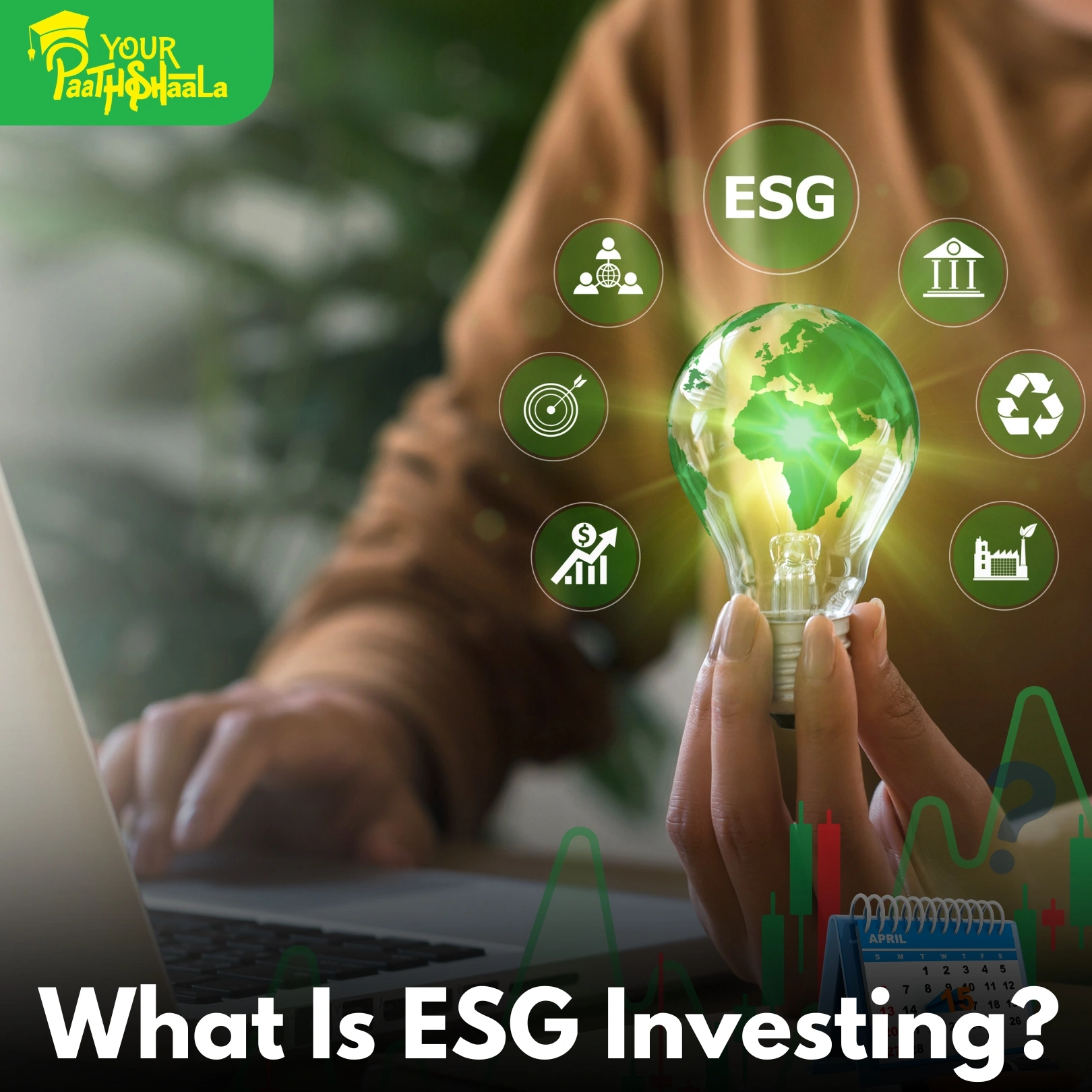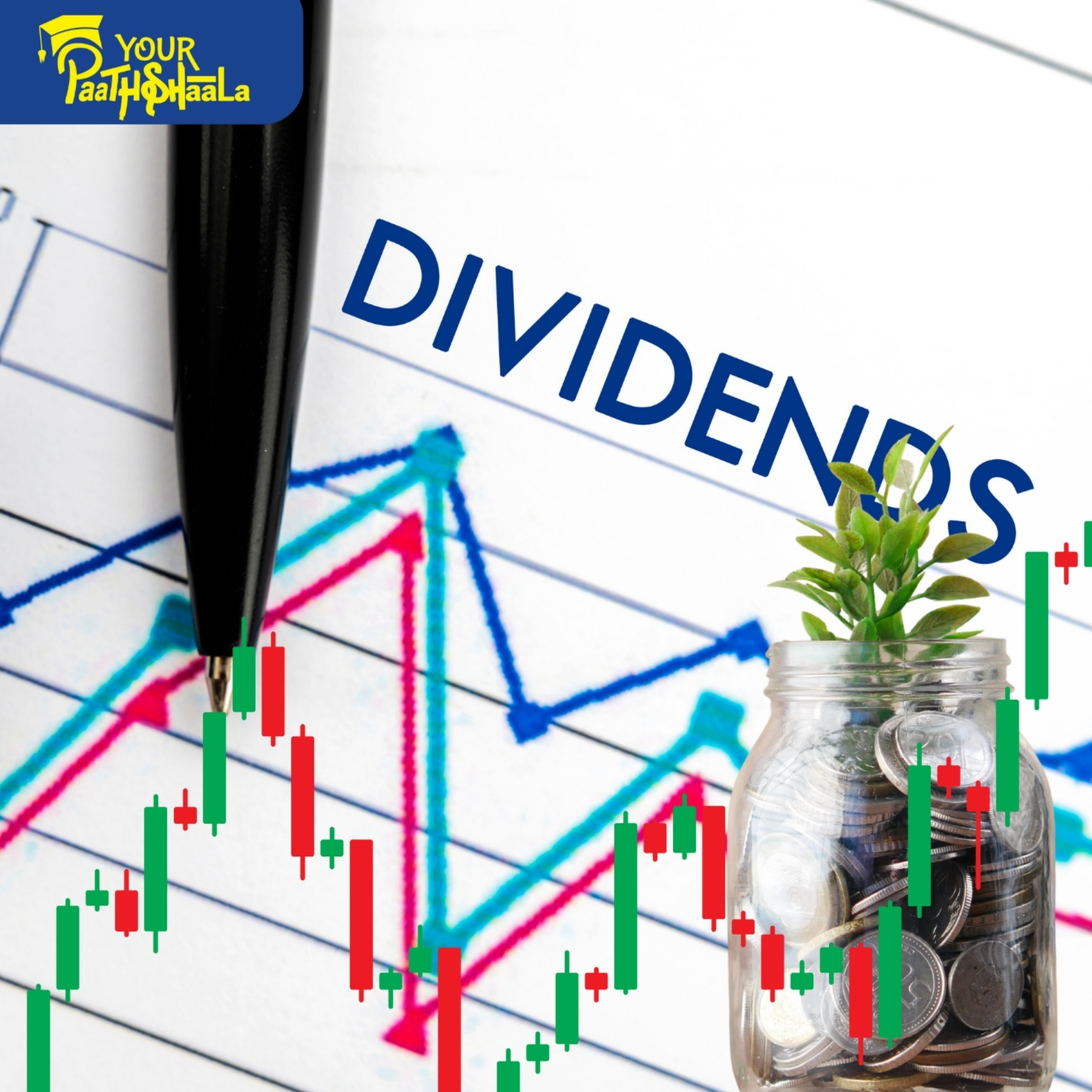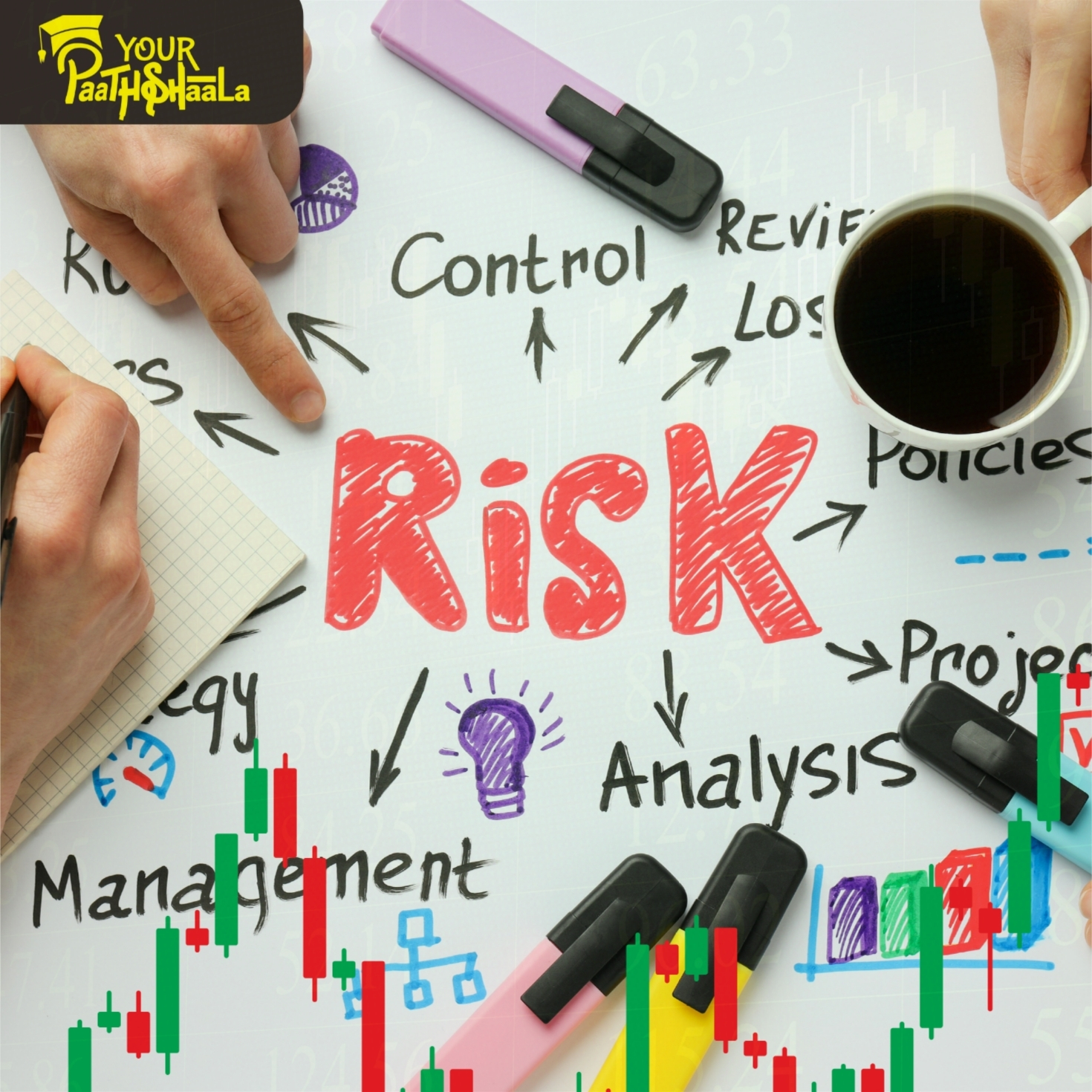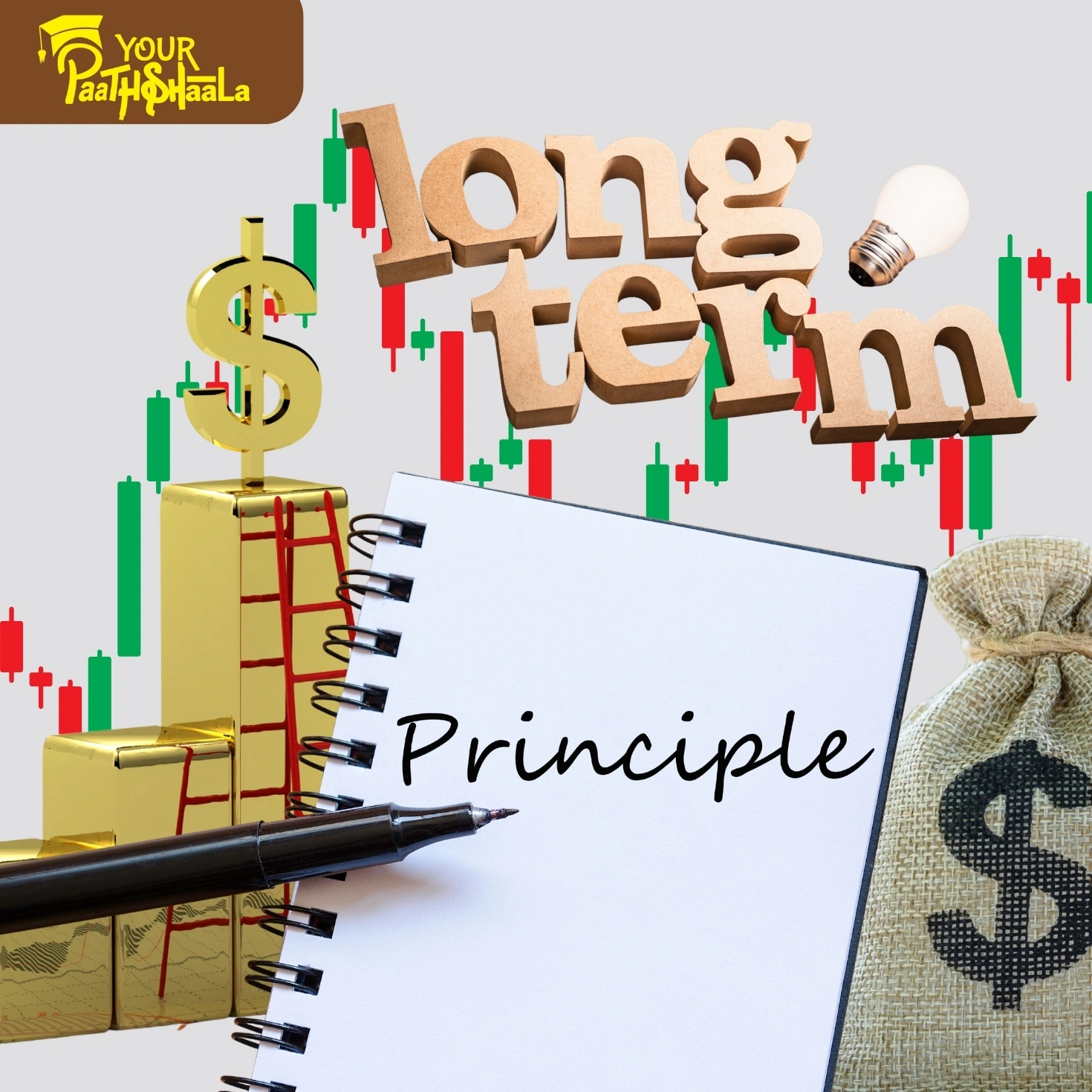What is ESG Investing Trends in 2025: Why Sustainability Is Shaping the Future of Portfolios
ESG (Environmental, Social, and Governance) investing has rapidly moved from a niche concept to a mainstream strategy in global finance. As we progress through 2025, more investors are prioritizing sustainability, ethical practices, and responsible governance when making investment decisions. This shift reflects a growing recognition that companies committed to ESG principles are not only better for the planet and society but may also offer stronger long-term financial performance.
In this easy-to-read guide, we’ll explore the latest trends in ESG investing, explain why it’s gaining momentum, and show you how to integrate ESG factors into your own investment strategy.
What Is ESG Investing?
ESG investing involves evaluating companies based on three key criteria:
Environmental: How does the company impact the planet? This includes carbon emissions, energy efficiency, waste management, and resource conservation.
Social: How does the company treat its employees, customers, and communities? This covers diversity, labor practices, human rights, and community engagement.
Governance: How is the company managed? Good governance means transparent leadership, ethical business practices, and accountability to shareholders.
By considering these factors, investors aim to support businesses that are making a positive difference—while also seeking solid financial returns.
Why Is ESG Investing Growing So Quickly?
1. Rising Awareness of Global Challenges
Climate change, social inequality, and corporate scandals have made investors more conscious of the broader impact of their investments. People want their money to support companies that are part of the solution, not the problem.
2. Changing Regulations and Standards
Governments and regulators worldwide are introducing new rules that require companies to disclose their ESG practices. These regulations are making it easier for investors to compare companies and make informed choices.
3. Better Performance and Risk Management
Studies increasingly show that companies with strong ESG practices are more resilient, less likely to face scandals, and often outperform their peers over the long term. ESG investing can help reduce risk by avoiding companies with poor environmental records or weak governance.
4. Investor Demand
Millennials, Gen Z, and institutional investors are all demanding more sustainable investment options. As a result, asset managers and financial advisors are incorporating ESG criteria into their products and recommendations.
Key ESG Investing Trends in 2025
1. Mainstream Adoption
ESG investing is no longer just for a select group of ethical investors. Today, it’s a core part of portfolio construction for individuals, pension funds, and large institutions worldwide.
2. Enhanced ESG Data and Ratings
Access to reliable ESG data is better than ever. Investors can now use third-party ESG ratings, sustainability reports, and AI-powered analytics to evaluate companies more effectively.
3. Thematic and Impact Investing
Beyond general ESG integration, investors are targeting specific themes like clean energy, gender equality, and affordable healthcare. Impact investing—seeking measurable social or environmental outcomes alongside financial returns—is also on the rise.
4. Shareholder Activism
Investors are using their power to push companies toward better ESG practices. Shareholder resolutions, proxy voting, and public campaigns are driving real change in boardrooms.
5. ESG in Emerging Markets
Sustainability is gaining traction in emerging economies as well. Investors are recognizing the opportunity to support growth while encouraging responsible business practices in fast-growing regions.
How to Incorporate ESG Factors Into Your Portfolio
1. Define Your ESG Priorities
Start by identifying which ESG issues matter most to you. Are you most concerned about climate change, diversity, or ethical governance? Your values can help guide your investment choices.
2. Use ESG Funds and ETFs
Many mutual funds and exchange-traded funds (ETFs) now focus on ESG criteria. These funds make it easy to gain diversified exposure to companies with strong sustainability practices.
3. Research ESG Ratings and Reports
Look for independent ESG ratings and company sustainability reports. These resources provide insight into how companies are performing on key ESG metrics.
4. Diversify Across Sectors and Regions
Don’t limit your ESG investments to one industry or country. Diversifying across sectors and geographies can help manage risk and capture more opportunities.
5. Monitor and Adjust Regularly
ESG performance can change over time. Review your portfolio regularly and stay updated on new developments, regulations, and company practices.
Benefits of ESG Investing
Aligns investments with your values
Potential for long-term outperformance
Reduces exposure to environmental and social risks
Supports positive change in business and society
Appeals to a new generation of investors
Common Myths About ESG Investing
Myth 1: ESG means sacrificing returns.
Reality: Many studies show ESG portfolios can match or outperform traditional ones, especially over the long term.
Myth 2: ESG investing is only for environmental causes.
Reality: ESG covers a wide range of issues, including social justice, labor rights, and corporate governance.
Myth 3: ESG data isn’t reliable.
Reality: While challenges remain, ESG data quality and transparency have improved significantly in recent years.
Frequently Asked Questions
Q: Can ESG investing really make a difference?
Absolutely. By directing capital to responsible companies, investors encourage better business practices and drive positive change.
Q: Are there risks with ESG investing?
Like any investment, ESG assets carry risks. However, strong ESG practices often help companies avoid scandals and regulatory penalties.
Q: How do I start with ESG investing?
Begin by researching ESG funds, reviewing company ratings, and consulting with a financial advisor who understands sustainable investing.
Conclusion: ESG Investing Is Here to Stay
As we move further into 2025, ESG investing is no longer just a trend—it’s a fundamental shift in how people approach investing. By considering environmental, social, and governance factors, you can build a portfolio that not only seeks strong returns but also contributes to a better world.
Ready to Start Your ESG Investing Journey?
If you want to learn more about ESG investing, sustainable finance, or building a responsible portfolio, expert guidance can help you make smarter decisions.
Visit YourPaathshaala
Near 🏥 Anjali Children Hospital, Tagore Nagar, Mathpurena, Raipur.
📫 PIN code: 492001, Chhattisgarh
📞 Click the Call Now to contact us!
Shape your financial future with YourPaathshaala—your trusted partner for financial education and sustainable investing in Raipur.







